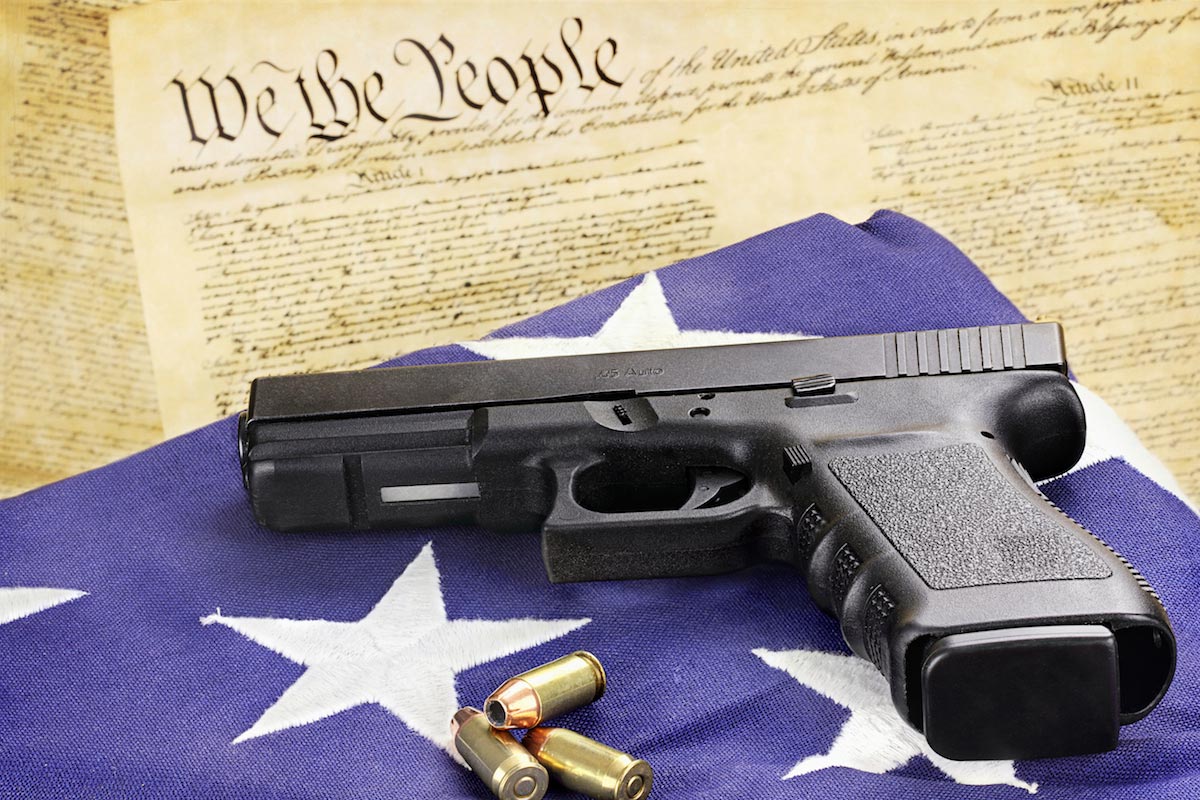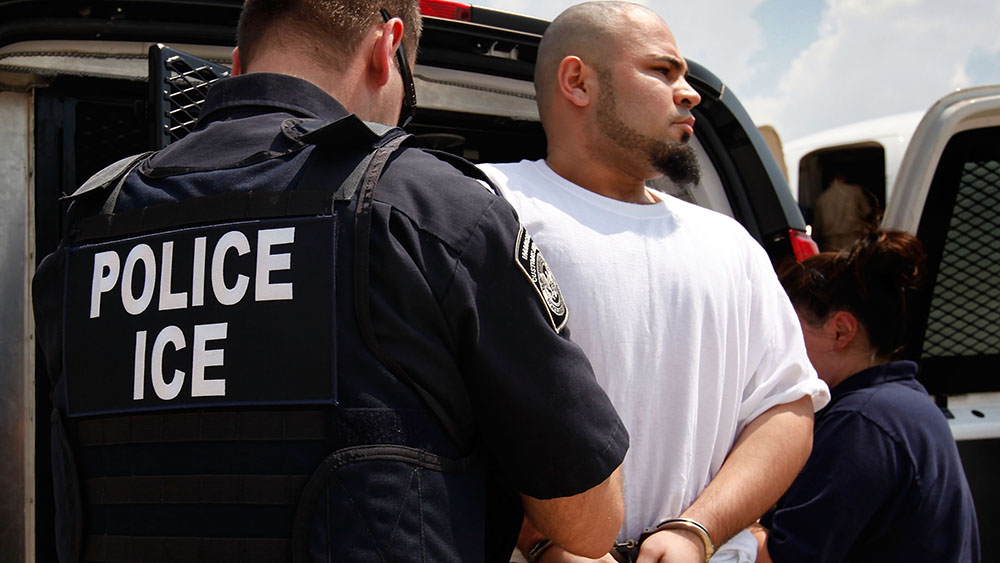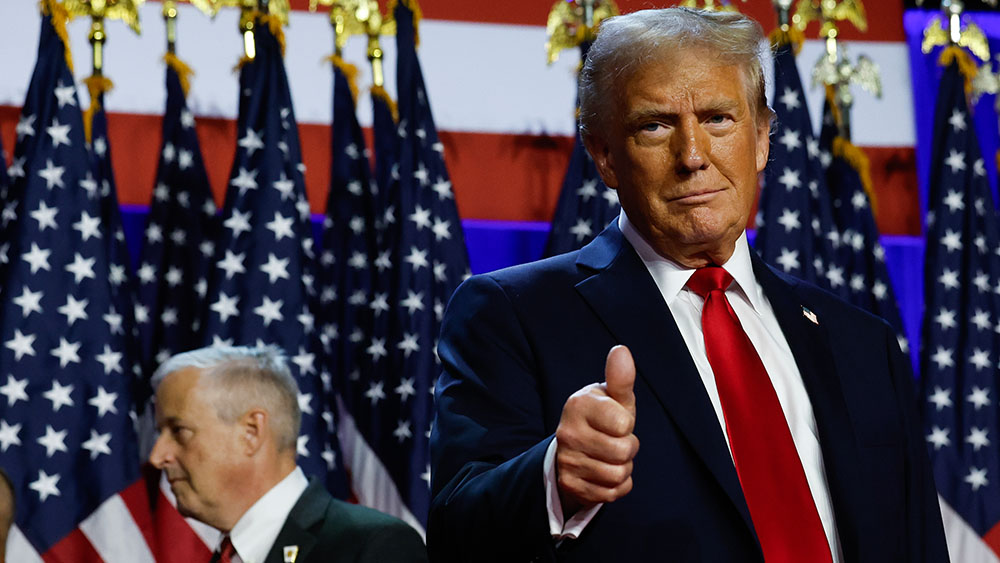 Parler
Parler Gab
Gab
- The Trump administration and Rare Breed Triggers (RBT) reached a settlement on May 16, overturning the Biden administration’s classification of Forced Reset Triggers (FRTs) as "machine guns." The agreement resolves multiple lawsuits, returns seized FRTs to owners and allows lawful sales to resume.
- The settlement follows the Supreme Court’s 2024 ruling in Cargill v. Garland, which rejected the classification of bump stocks as machine guns, setting a precedent that FRTs also do not qualify. A federal judge ruled that the ATF overstepped by expanding the definition of "machine gun" beyond fully automatic firearms.
- The Trump DOJ emphasized protecting Second Amendment rights, contrasting with the Biden administration’s aggressive enforcement, including raids on FRT owners. The settlement voids pending appeals and aligns with Trump’s Second Amendment Enforcement Task Force, aimed at curbing regulatory overreach.
- Gun rights groups (e.g., NAGR) hailed the decision as a victory against government overreach. Gun control advocates (e.g., GIFFORDS) criticized it, arguing FRTs enable rapid fire despite not being fully automatic.
- While the settlement restores FRT legality, Congress has not codified protections, leaving future administrations free to revisit the issue. The case reflects broader judicial pushback against executive overreach while highlighting deep partisan divides over gun policy.
Legal resolve and settlement terms
The settlement between RBT and the DOJ finalizes a protracted fight that began when the Biden administration sued RBT in 2023, arguing its FRT-15 hardware violated the National Firearms Act (NFA) by enabling fast semiautomatic fire. The DOJ’s classification required FRT users to register the devices as “machine guns” — a designation carrying severe criminal penalties — including a 10-year mandatory minimum sentence for illegal possession. Under Friday’s terms, the government will return FRTs seized during raids or surrendered by owners, while RBT pledges to reinforce public safety by not designing FRTs for pistols and enforcing its patents to guard against misuse. RBT also agreed to promote responsible use of its products. Crucially, the settlement voids ongoing appeals in three key cases: a Fifth Circuit clash over FRT’s legal status and two district court rulings against RBT. “This agreement aligns with President Trump’s executive order rejecting Second Amendment erosion,” stated Attorney General Pamela Bondi in a Justice Department release. “The 2nd Amendment is not a second-class right.”Shift in federal policy and judicial precedent
The settlement reverses years of Biden-era overreach amplified by activist ATF rulings. In June 2024, the Supreme Court ruled against the federal government in Cargill v. Garland, declaring bump stocks — another device for faster fire — not machine guns under the NFA. That high court decision invalidated prior Biden administration policies and set a precedent for defining “machine gun” as requiring continuous trigger pressure for fully automatic fire. Federal courts soon extended this precedent to FRTs. In July 2024, Northern District of Texas Judge Reed O’Connor—already a frequent skeptic of executive overreach — ruled FRTs did not meet the statutory definition of a machine gun. “The ATF tried to bootstrap its own overreaching interpretation onto the NFA,” O’Connor wrote, noting Congress limited machine gun definitions to fully automatic systems. The settlement’s timing follows Trump’s renewal of his Second Amendment Enforcement Task Force last fall, signaling a renewed DOJ focus on curbing agency overreach under statutes like the NFA. Contrastingly, Biden’s DOJ had weaponized the ATF, as seen in repeated raid campaigns on FRT users and retailers. Lawrence DeMonico, RBT’s CEO, called the outcome a “complete vindication.” “They were determined to criminalize law-abiding citizens for products that don’t violate the law,” he said. “This wasn’t about public safety — it was control.”Reactions highlight partisan divide over gun policy
Gun rights advocates celebrated the settlement as a blow against federal power grabs. The National Association for Gun Rights (NAGR) called it a “stunning victory,” citing its role in funding RBT’s legal defense. “The DOJ’s surrender shows what happens when we push back against unconstitutional mandates,” said NAGR President Dudley Brown. However, gun control groups decried the move. GIFFORDS’ Vanessa Gonzalez labeled it a “dangerous expansion of access to machine-like firearms,” though FRT critics have long conceded the devices cannot fire fully automatic bursts. Tech-focused gun blogger Mrgunsngear, while supportive of the outcome, warned that lasting protections remain uncertain. “Settling deprives us of a final court ruling that could’ve settled the legal debate once and for all,” he said. “Until Congress codifies these limits, the next Democratic administration could resurrect this quagmire.”FRT case signals new era for firearms policy
The Rare Breed Triggers settlement exemplifies a growing legal and political consensus challenging federal agencies’ efforts to expand gun control via administrative fiat. It echoes broader trends of courts and conservative policymakers reasserting constitutional boundaries around natural rights, particularly since the Cargill precedent. For RBT, the victory marks survival after living under existential legal threats and a public image war waged by federal agents. “They wanted to silence us because we dared to stand up,” DeMonico said. “Today, the truth defended itself.” Yet the debate over FRTs reveals enduring partisan fissures over the proper scope of the Second Amendment and regulatory power. As gun rights advocates urge Congress to embed this ruling into law, opponents warn of increased risks to public safety. For now, the settlement restores millions of gun owners’ rights to a device courts have repeatedly deemed legal — highlighting that while the war over the Second Amendment rages on, the truce shows battles won are never the end of the fight. Sources for this article include: ZeroHedge.com Justice.gov Kwg.com“Bomb the data centers”: Eric Schmidt sounds AI war warning amid U.S.-China race
By Willow Tohi // Share
CDC targets sick children and pregnant women for covid vaccines in controversial new policy
By Finn Heartley // Share
Nashville Mayor Freddie O’Connell faces federal probe for obstructing ICE operations
By Willow Tohi // Share
“The Trump Effect” sparks $9 trillion investment debate amid skepticism
By Willow Tohi // Share
Governments continue to obscure COVID-19 vaccine data amid rising concerns over excess deaths
By patricklewis // Share
Tech giant Microsoft backs EXTINCTION with its support of carbon capture programs
By ramontomeydw // Share
Germany to resume arms exports to Israel despite repeated ceasefire violations
By isabelle // Share










